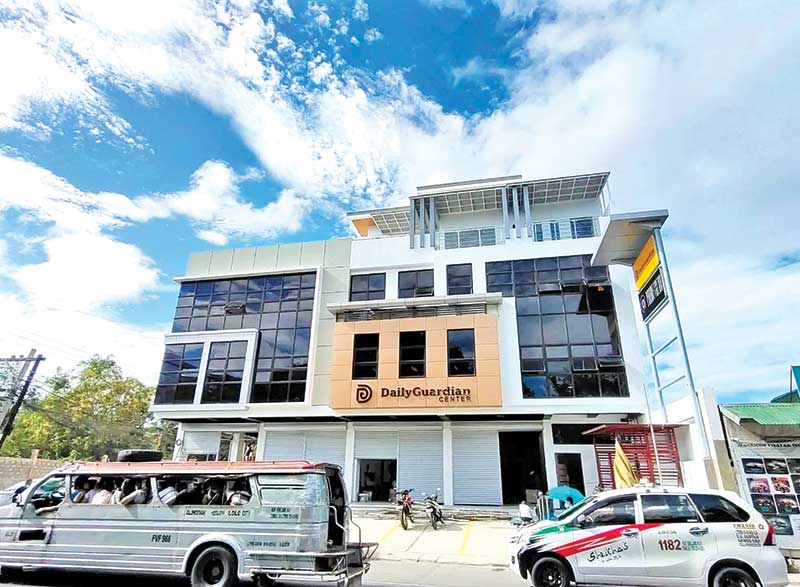
By Francis Allan L. Angelo
Filipinos continue to place high trust in traditional media and journalists, viewing them as crucial sources of reliable information, according to the 2024 Philippine Trust Study (PTS) conducted by the EON Group and the Department of Development Studies of Ateneo de Manila University.
The study, titled “The Accountability Revolution: Why Filipinos Demand Proof Before Trust in 2024,” revealed that Filipinos trust television the most among media platforms, with a trust rating of 93.6%, followed closely by other traditional media outlets.
Filipinos value media outlets that hold power to account, ensure unbiased reporting, and amplify the voices of marginalized groups.
Television remains the most trusted platform, a reflection of its historical reputation for reliability and ethical journalism.
Filipinos view traditional media as essential in times of crisis, often turning to these sources for accurate information when it matters most.
In contrast, social media platforms face significant distrust due to concerns over misinformation and the absence of effective content regulation.
The study suggests that this distrust is driven by the public’s demand for more rigorous fact-checking and accountability online.
“The public’s demand for rigorous fact-checking and accountability in media reflects a deep-rooted need for reliable information,” the report noted.
Junie del Mundo, co-founder and chair of EON Group, said “trust is not built on promises but on proof.
“We are witnessing an Accountability Revolution, where Filipinos expect institutions to act with integrity and deliver results,” he added.
The study, based on a survey of 1,800 respondents and focus group discussions, also evaluated trust levels across five other sectors: government, business, religious institutions, non-governmental organizations (NGOs), and academia.
Findings showed that local governments enjoy a trust rating of 95.4%, while trust in the national government, particularly in the Office of the President and Congress, is slightly lower at 82.3% and 81.6%, respectively.
Trust in government is influenced by key factors such as good intentions (valued by 38.4% of respondents), competence (36.9%), and consistent behavior (34.9%).
This preference for dependable and transparent governance reflects a public increasingly cautious about national-level performance but supportive of local leaders who deliver on promises.
The study also found that Filipinos hold mixed feelings about the business sector.
Drug and medicine manufacturers scored the highest trust rating at 93.9%, indicating confidence in industries crucial to health and well-being.
In contrast, real estate developers lagged with a trust rating of 79.6%.
Ethical practices, product quality, and sustainability are essential factors driving trust in businesses, underscoring the public’s demand for responsible corporate behavior.
Religious institutions also maintain substantial trust, particularly the Roman Catholic Church, with a trust level of 92.4%.
However, trust varies within other religious groups, with only 49.7% of Catholics and 45.9% of Born Again Christians believing their institutions act in their best interests.
This disparity highlights how trust is shaped not only by faith but also by an institution’s perceived engagement with members’ needs.
The study observed a knowledge gap surrounding NGOs, with many Filipinos unclear about their role and purpose, often confusing them with government programs.
Yet, among those who understand NGOs, trust is driven by their visible assistance in areas like financial aid, education, and youth welfare.
Del Mundo emphasized the importance of three pillars—being known, good, and consistent—as foundations for institutional trust.
“Filipinos want institutions that are accessible, ethical, and reliable,” he said, underscoring the need for transparency and consistent action to build and maintain public trust.
Now in its thirteenth year, the Philippine Trust Study has become a key reference for understanding trust dynamics in the country.



















